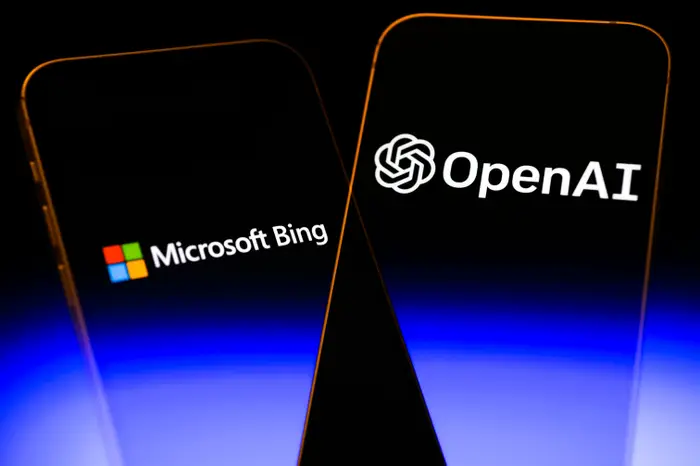
Uncovering Security Vulnerabilities in ChatGPT and Bing: A Comprehensive Analysis and Solutions for a Safer User Experience
By Adedayo Oyetoke, Published on: May 27th 2023 3 min, 537 word Views: 1261
The digital landscape is constantly evolving, with chatbots and search engines becoming essential tools for users across the globe. ChatGPT, a leading conversational AI, and Bing, Microsoft's renowned search engine, are prime examples of these indispensable technologies. However, no technology is perfect, and both ChatGPT and Bing have their share of security vulnerabilities. In this blog post, we will delve into the security issues affecting ChatGPT and Bing, examine the consequences of these vulnerabilities, and suggest potential solutions to enhance user safety.
Exploring the Security Vulnerabilities
1. ChatGPT: The Risk of Unintentional Data Leakage
A significant concern with AI models like ChatGPT is the possibility of unintentional data leakage. During the training phase, AI models process vast quantities of data, which may contain sensitive information. If not managed correctly, this data can be inadvertently exposed to users, creating a substantial security risk.
2. Bing: The Perils of Insecure APIs and Data Scraping
Similar to other search engines, Bing depends on APIs to deliver search results to users. However, insecure APIs can be exploited by malicious actors to gain unauthorized access to sensitive data. Moreover, data scraping techniques can be used to extract information from search results, which can then be employed for malicious purposes.
The Consequences of These Vulnerabilities
1. Privacy Issues
The security vulnerabilities in ChatGPT and Bing give rise to serious privacy concerns for users. Unintentional data leakage and insecure APIs can reveal sensitive information, including personal details, financial data, and confidential business information. This can result in identity theft, financial fraud, and corporate espionage.
2. The Spread of Misinformation and Manipulation
Bad actors can take advantage of these vulnerabilities to disseminate misinformation and manipulate public opinion. By injecting false information into ChatGPT's training data or tampering with Bing's search results, malicious individuals can sway users' perceptions and decision-making processes.
Addressing the Security Concerns: Potential Solutions
1. Data Sanitization and Differential Privacy
To reduce the risk of data leakage in ChatGPT, developers can employ data sanitization techniques to eliminate sensitive information from the training data. Furthermore, differential privacy can be utilized to ensure that the AI model's output does not disclose any information about individual data points.
2. Strengthening APIs and Implementing Rate Limiting
To tackle the vulnerabilities in Bing's APIs, developers should adhere to best practices for API security, such as using robust authentication and encryption mechanisms. Rate limiting can also be introduced to deter data scraping and decrease the likelihood of unauthorized access.
3. Ongoing Monitoring and Security Updates
Both ChatGPT and Bing should be continuously monitored for potential security threats. Regular security updates and patches should be applied to address any newly identified vulnerabilities.
4. Promoting User Education and Awareness
Users should be informed about the potential risks associated with using chatbots and search engines. By raising awareness of these security issues, users can make educated decisions about the tools they use and the information they share.
Conclusion
The security vulnerabilities in ChatGPT and Bing warrant immediate attention. By implementing robust security measures, such as data sanitization, differential privacy, secure APIs, and continuous monitoring, developers can mitigate these risks and ensure a safer user experience. Additionally, user education and awareness are crucial in fostering a secure digital environment. As software engineers, we must remain vigilant and collaborate to address these challenges, ultimately creating a safer digital world for everyone.
